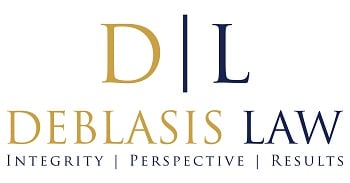Lenders play a crucial role in the financial landscape. But when it comes to collecting debts, they must adhere to strict guidelines to ensure they treat debtors fairly. However, there are instances when lenders may also face challenges. For example, some borrowers might intentionally default on loans or engage in fraud.
While debtors have recourse under the Fair Debt Collection Practices Act (FDCPA) to sue collectors for violations, lenders must also defend themselves against false claims or exploitation.
What constitutes a violation?
Several actions can lead to a violation of the FDCPA. These include using threatening language, calling at inconvenient times, contacting consumers after they asked them to stop, misrepresenting the debt amount and trying to collect debts that consumers do not owe. Violations can result in legal repercussions, such as facing lawsuits brought forth by the affected consumers.
What to do if you are sued?
When confronted with allegations of FDCPA violations, knowing the right steps to take can make all the difference. Here are the steps that you can follow:
- Seek legal assistance: If you receive a lawsuit alleging FDCPA violations, it’s crucial to consult with an attorney who can help you understand consumer protection laws. An attorney can help you understand the charges, gather evidence and build a strong defense.
- Review the allegations: Examine the lawsuit carefully and compare it with your records. Collect any evidence that supports your case, such as call recordings, letters or receipts.
- Respond promptly: Missing the deadline to respond to the lawsuit can have severe consequences. Make sure to file your response within the specified timeframe to avoid default judgments.
- Mediation or settlement: In some cases, the plaintiff might be open to mediation or a settlement. Discuss these options with your attorney to find the best resolution for your situation.
- Attend court hearings: If the case proceeds to court, attend all hearings as required. Your attorney will represent you and present your defense.
Respecting debtors’ rights is necessary for fair debt collection. But lenders also have rights and must defend themselves against unjust lawsuits. Striking this balance creates a transparent financial system that benefits everyone involved.
